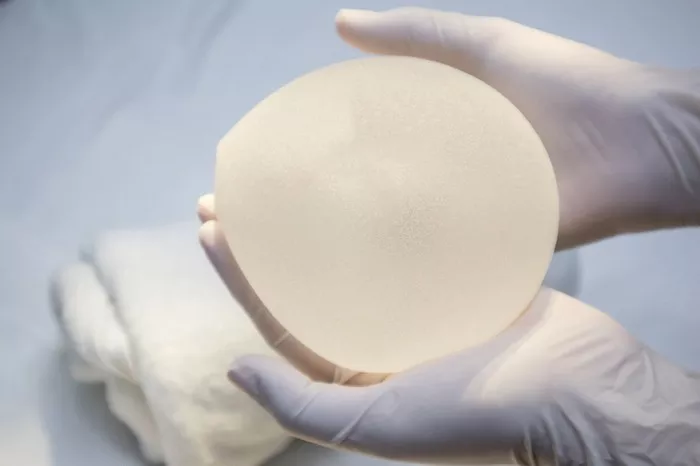Venezuelan women with breast implants made by the now-defunct French company Poly Implant Prothese will now be able to have the damaged implants removed free of charge.
Health Minister Eugenia Sader said women with implants made by the now-defunct French company Poly Implant Prothese can go to hospitals that perform plastic surgery to have the implants removed, Venezuela’s state-run news agency reported.
Sader said on Tuesday that the free procedure would only involve the removal of the implants and not their replacement.
“These patients are taking a risk,” Sader said. However, she said the women would not have to seek emergency care and could instead go to hospitals at their convenience.
France’s health system has recommended that women with the PIP implants have them replaced and has agreed to pay for the surgeries. In Brazil and Argentina, however, health officials are only recommending check-ups.
It’s unclear how many women have PIP implants in Venezuela, where breast augmentation surgery is popular and doctors say the French implants were once widely used.
An estimated 35,000 to 40,000 women in the country have breast augmentation surgery each year, said Dr Marisol Graterol, president of the Venezuelan Society of Plastic and Reconstructive Surgery.
Venezuelan President Hugo Chávez has criticised the widespread popularity of breast surgery, saying women shouldn’t be sold an image that large breasts are attractive.
The Society of Plastic Surgeons last week recommended that women with PIP breast implants see a doctor to have them checked. Graterol said doctors should decide whether or not to remove the implants based on each patient’s situation.
Sales of PIP implants were stopped in Venezuela in April 2010, Graterol said.
Plastic surgeon Dr Henry Saud said he had removed ruptured PIP implants from more than 10 patients last year.
In some cases, his patients didn’t notice anything wrong and the leaking implants were discovered during imaging tests, Saud said. In other cases, “they felt discomfort and had swelling”.
“It used to be one of the most used brands,” Saud said. Most of the women chose to replace the PIP implants with other brands, he said.


